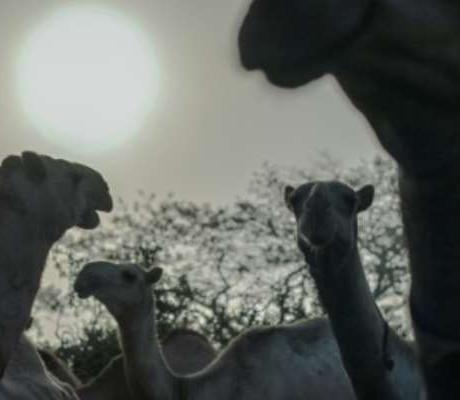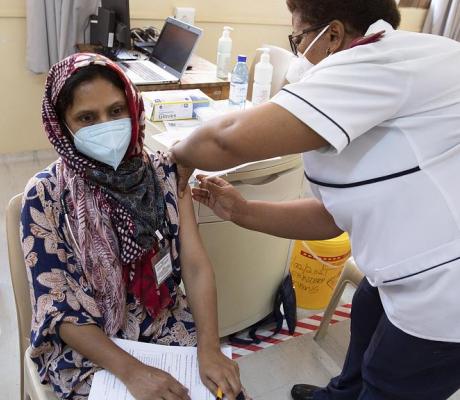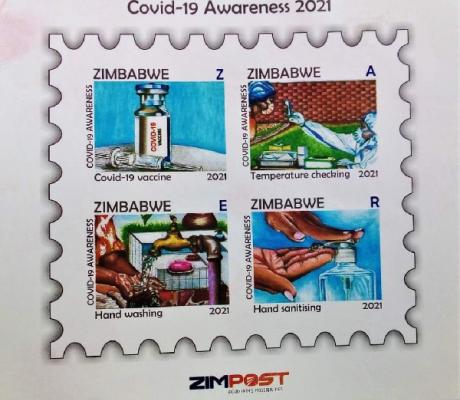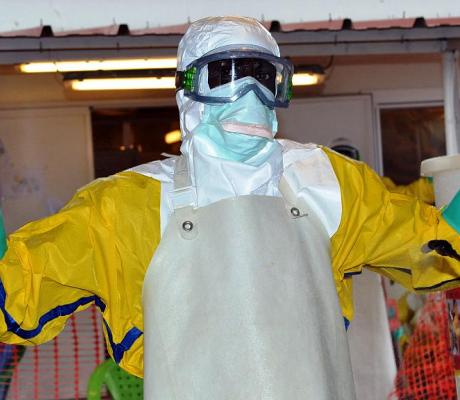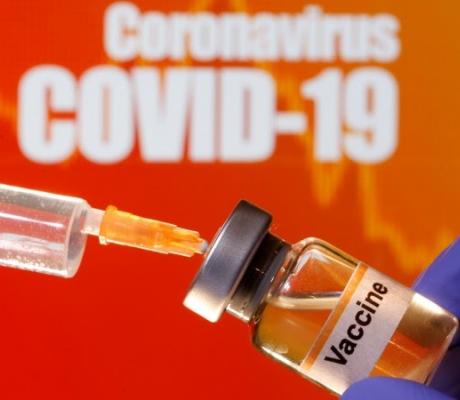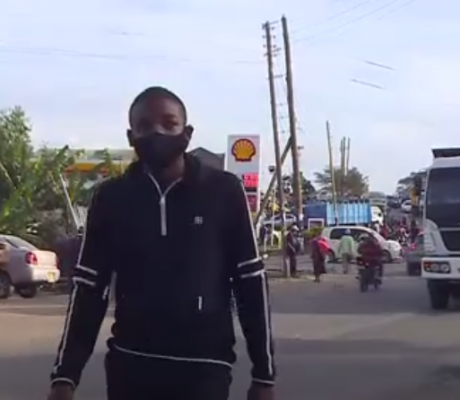Kenyans will receive the Covid-19 vaccine free of charge when it becomes available, Health Cabinet Secretary Mutahi Kagwe has said.
Mr Kagwe, in an interview on Wednesday, said the Covid-19 jab will be incorporated into the country’s national immunisation programme vaccines that are offered for free to all citizens.
An estimated 95,431 people have tested positive for the coronavirus in the country, with 1,652 of these succumbing to the virus.
Total recoveries stand at 76,720, as per numbers released Thursday by the Health Ministry.
The global confirmed cases stand at nearly 79 million and more than 1.7 million deaths.
Health Ministry officials have said Kenya has submitted an application to Gavi, the global vaccine alliance, for permission to introduce the Covid-19 jab in the country. Gavi is a public-private global health partnership that aims to increase access to immunisation in poor countries
Free jabs
The free jabs — which, according to Health Director-General Patrick Amoth, are estimated at 24 million doses — expected from Gavi’s Covax Facility, will be enough to vaccinate 20 per cent of the population.
The Health Ministry has also set aside Ksh10 billion (about $92 million) to procure more doses to vaccinate an additional 10 per cent of the population during the first half of next year.
The cost of each dose ranges from Ksh335 to Ksh4,127 ($3 to$37); depending on the manufacturer of the vaccine. Moderna, a two-dose vaccine that received an emergency use authorisation by the United States’ Food and Drug Administration (FDA) on Friday last week, announced each dose will cost about Ksh2,788 ($25), adding up to around Ksh5,577 ($50) per patient.
Pfizer and BioNTech vaccines, also given in two doses, will cost Ksh2,175 ($19.50) per dose, which adds up to Ksh4,3350 ($39) per patient since each vaccine requires a two-dose regimen, while each jab for AstraZeneca’s two-dose vaccine could be the cheapest at Ksh335 to Ksh446 ($3 to $4) each. Johnson & Johnson’s two-dose vaccine will cost an estimated Ksh1,115 ($10), while Novavax’s two-dose vaccine is estimated at Ksh1,785 ($16) a jab.
According to Dr Amoth, the government has also settled on using a hybrid system, in which two types of Covid-19 vaccines will be rolled out in the planned vaccination drive. The country, he said, would get access to more vaccines via deals negotiated with pharmaceutical companies and individual countries.
Covid-19 vaccine
“We are currently looking at various vaccines with different costs. Although we have not yet decided on the exact one, we are likely to use a hybrid,” he said during a phone interview with the Nation.
The pharmacy and Poisons Board (PPB) has also been directed to expedite an emergency use approval. About 438,000 healthcare workers will be among the first batch of Kenyans to receive the Covid-19 vaccine. Other priority target groups will include police officers, the elderly, and teachers, said Dr Amoth.
Speaking last week at a virtual press briefing by the World Health Organisation's regional office for Africa (WHO-Afro), Thabani Maphosa, Gavi's Managing Director of Country Programmes said at least 47 African countries have submitted a request to the global vaccine distribution scheme co-led by the WHO.
He, however, said it was too early to know the number of doses any country will receive as the Vaccine Alliance was still reviewing the requests.
“We have received vaccine requests from countries but there is a process of allocating doses. At this stage, anything on the quantities and amounts would be speculative,” said Mr Maphosa.
Nearly nine in 10 Kenyans say they would take a coronavirus (Covid-19) vaccine if it was publicly available and was deemed safe and effective, according to a survey by the Africa Centers for Disease Control and Prevention (Africa CDC).
This is higher than an African average vaccine acceptance rate of 79 per cent, the study by Africa CDC in partnership with the London School of Hygiene & Tropical Medicine (LSHTM), and Orb international shows.
According to Africa CDC, there was a global decline in acceptability and uptake of vaccines prior to the pandemic, because of doubts about their efficacy and safety and the spread of misinformation.
Source: theeastafrican.co.ke


